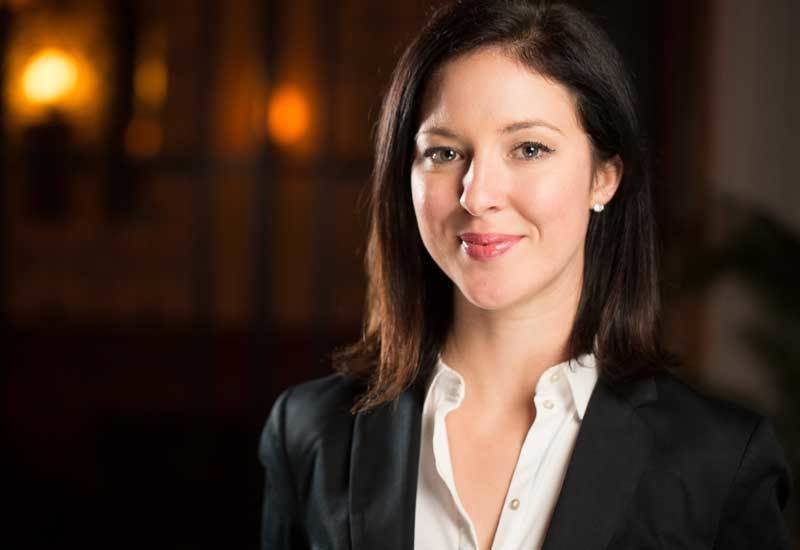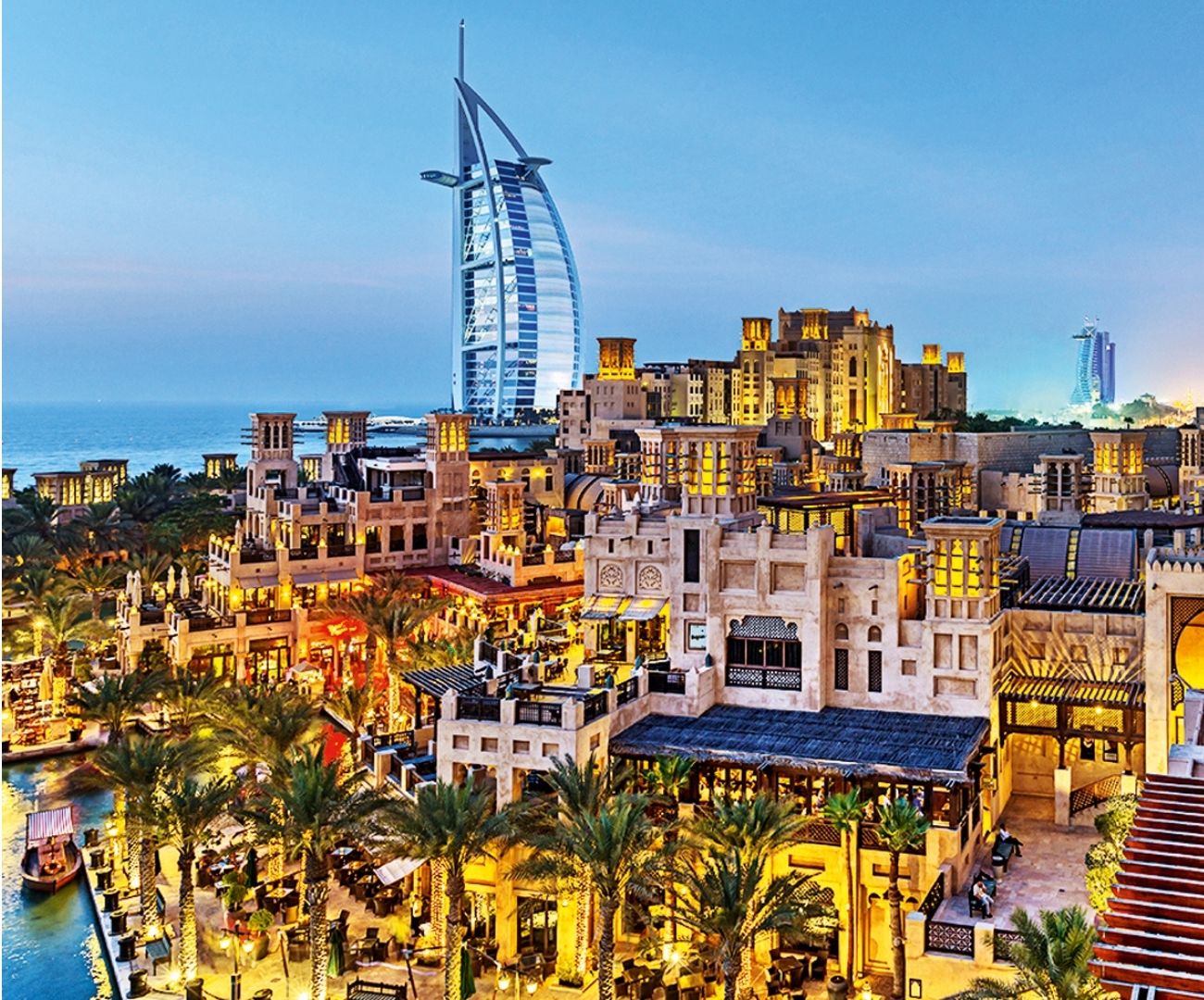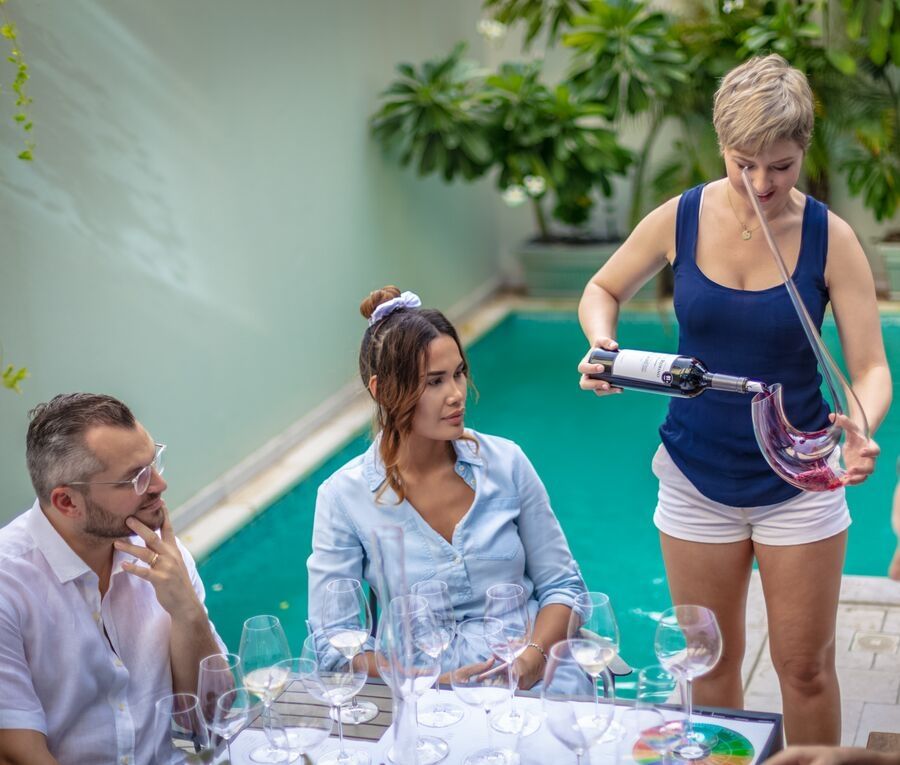Comment: Winning the expectation game

In every successful restaurant or bar there’s an element of mystery; an enigma that is bafflingly hard to describe and difficult to predict, caused by a strange confluence of factors and choices that can just as easily create the industry’s latest cautionary tale as its next big thing.
Desperate to avoid the former, many new venues invest heavily on entry into this highly competitive market — prime locations, the best international consultants and the services of marketers, all brought together to create the right look, feel and, of course, that much hyped opening.
Then, just as their beautifully crafted doors are ready to be flung open to an expectant public, staff are added to the mix — and, unfortunately, this is where a breakdown all too often happens.
Whether it’s a new or established concept, employees are often hurled into the trenches with little knowledge of their product or the brand values they represent, floundering under the weight of expectation. Too many times I’ve heard friends and clients sing the praises of a restaurant’s food or design, only to caveat it with how the service was not up to scratch.
But ask yourself, would you accept great service if the food was bland, or if the room had about as much warmth as a politician’s smile? Why, then, the double standard?
Part of the problem is the lingering idea that good staff are hard to find, but this just isn’t true. Great staff are in fact rarely found — they’re made. The quality of service built into the DNA of the very best venues doesn’t happen by accident — it is the result of long-term programmes to create a culture of excellence.
When guests experience superb service, all other factors are heightened and investing in training is vital to success. This is particularly true in the UAE, where tourists arrive with a concrete expectation of five-star luxury, which if not realised, is not only a potentially fatal blight on the outlet, but creates a negative perception of service in the UAE as a whole.
The region has one of the most culturally diverse populations in the world and 2014 recruitment in its hospitality and tourism sector rose 34%, with the majority of recruits coming from abroad, so there are many differences in how workers view service, based on cultural traditions or standards. This makes standardisation through smart training and specialised education all the more important.
The simple fact is that venues live and die by reputation and nothing kills a reputation quicker than inefficient staff. Unfortunately too many venues still see training as an add-on — just another box to tick — or worse, the perfect area to indulge in a little value engineering. But swanky furniture and table-top flower arrangements don’t upsell beverages. A waterside location can’t advise, observe, or defuse a situation.
When guests are presented with frontline staff possessing only a basic understanding of their product, and who are ill-equipped to manage demands, they’ll inevitably leave with a side-order of jaded memory no matter how much money the concept spent on an artfully conceived social media campaign.
A superb level of service takes time and effort but ultimately it makes money, and setting aside funding for an effective training and incentive programme reaps dividends almost immediately.
With so much time and resources spent on creating a five-star product, why fall at the final delivery? Staff are the moving parts in the machine, driving incremental value and unlocking discretionary spend.
With more places to go and things to do than ever before, never has the emphasis on finding and training the right people been more important.
Lindsay Trivers is a wine educator, writer and hospitality expert who studied with the court of Master Sommeliers, the Wine and Spirit Education Trust and at the Auckland University of Technology. She founded The Tasting Class, the UAE’s first company focused on providing specialist wine and beer training and consultancy for the hospitality industry, as well interactive tasting events in hotels, restaurants and private homes with the aim of increasing knowledge about wine and premium beers. Visit www.thetastingclass.com or contact [email protected] for more information.
This article was first published in Hotelier Middle East.










